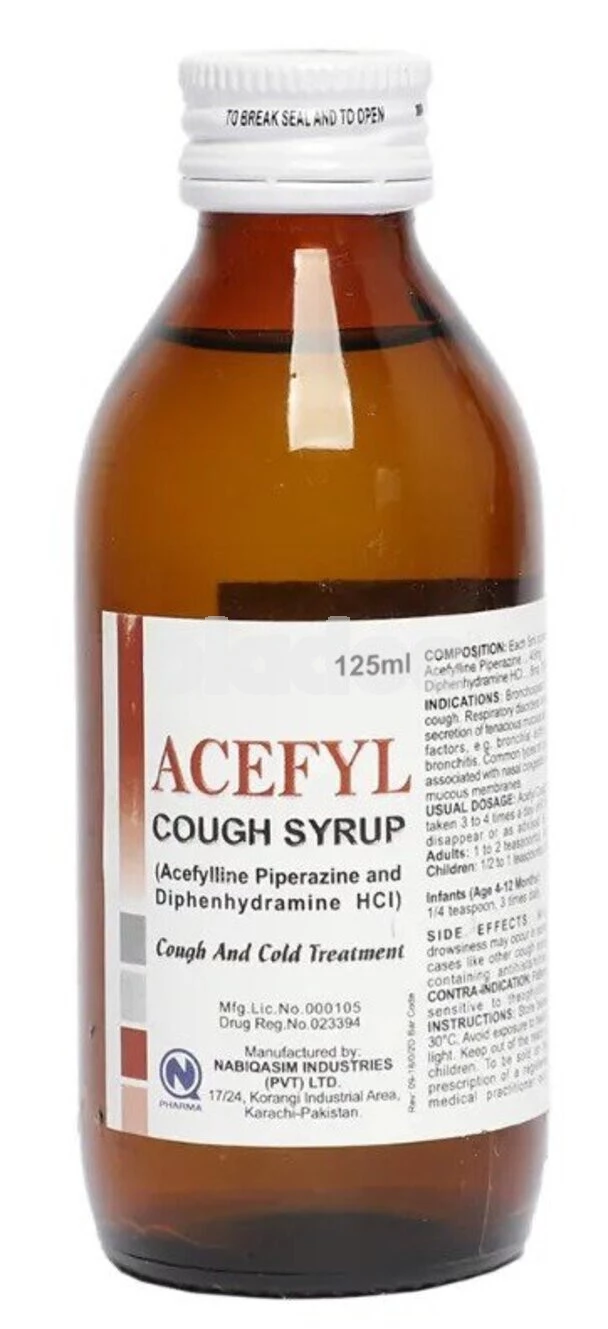The number of dengue fever patients are steadily rising, not only in Punjab but also in KPK. The outbreak of cases throughout the province may have caught the authorities off guard, once again. While the last outbreak was seen in 2017, with over 25000 infected, and 72 people dead, this year too has seen an upsurge in dengue cases.
Unconfirmed reports state that number of patients suffering from this mosquito-borne viral infection might be well over 1200. Apart from Peshawar, cases have arisen throughout the province, including: Battagram, Karak, Swabi, Mansehra, Bannu, Upper and Lower Dir, Buner, Haripur and Kohat.
The health officials in the province who were part of the Dengue Response Unit (DRU) two year ago, think that the health authorities are neglecting the seriousness of this issue and seem unprepared to deal with it. Moreover, the health authorities have warned that this disease might spiral out of control if sufficient measures are not taken.
Part of the blame for the outbreak lies with the residents themselves who fail to see that the disease is not eradicated forever, and might occur again. This is reiterated by Dr. Iftikharuddin, Assistant Professor for Community Medicine at the Bacha Khan Medical College, Mardan, who emphasizes that the members of the community need to take charge.
To deal with this deadly disease, the Chief Minister of KPK, Mahmood Khan, chaired a special meeting in Peshawar. Mr. Khan directed all the government departments to play their role in controlling this disease, and preventing its spread. In addition, he directed to hire entomologists to help eradicate the virus permanently.
There are 19 line departments that are working with special cells to help curb this disease. Moreover, all districts are implementing the Dengue Action Plan, in addition to training doctors to deal with cases of dengue. Special cells have also been set up in government hospitals for diagnostics. Currently, trained staff is helping to conduct larval surveillance and fogging; larvicidal sprays vector control methods are also being employed for mosquito elimination.
More about dengue:
Dengue is a mosquito borne infection that originated in Afria or Southeast Asia. It spreads when the mosquito bites an infected person and becomes a carrier; it later transmits the virus when it bites another person. Each year about 100 million people get sick due to dengue, during outbreaks.
Initially, the illness may present with mild or no symptoms. The common symptoms include headache, fever, eye pain, muscle or bone pain, rash, nausea and vomiting. Usually people recover on their own; however, if the disease worsens, it can become dengue hemorrhagic fever, and patient may experience bleeding from sites like the nose, gum, ear, and small spots may develop under the skin. Severe dengue is an emergency and the patient should be hospitalized immediately.
If you think you or someone you know has developed dengue then contact your healthcare provider, immediately. You doctor will examine you and recommend tests to look for the virus. To control the symptoms of dengue, your doctor will prescribe antipyretic medication like paracetamol or acetaminophen, but not aspirin. Additionally, plenty of rest and fluids are recommended to prevent dehydration.
There is no vaccine or medication that is available to solely prevent or treat dengue. The only way dengue can be avoided is to take precautions and preventing mosquito bites. Read on to find how dengue can be prevented by personal measures.
How can you prevent yourself from dengue?
Dengue spreads through the bite of mosquito, therefore, be sure to take precautions accordingly. Wear full sleeved clothing, especially through the months when there is dengue outbreak. If you are going out, then be sure to liberally apply insect repellant on the exposed skin; use EPA-registered insect repellants (Environmental Protection Agency).
Certain repellants that contain a high percentage of DEET, picaridin (also known as KBR 3023), IR5353, oil of lemon eucalyptus (OLE) or para-mentane-diol (PMD) and 2-undecanone are proven effective and safe even for pregnant and lactating women. Follow the instructions given on insect repellants and do not use them on children less than 2 months of age.
Protect yourselves inside and outside your homes, as well. Be sure to use screens on the doors and windows if you are leaving them open. Cover the cribs and strollers of your children with mosquito nettings, and if possible use them around your bed as well. Moreover, empty out containers that can hold water such as tires, planters, toys, pools, birdbaths, buckets, trash containers, flowerpots etc. The mosquito that spreads dengue lays its eggs in clean water, thus, be sure to spray repellants on any containers during dengue season.
Dengue can turn into a serious illness if the right precautions are not taken. On the first sight of suspicious symptoms consult your healthcare provider and get relevant blood tests.
Book an appointment with a top general physician in Rawalpindi, Lahore and Multan through oladoc.com, or call our helpline at 042-3890-0939 for assistance to find the RIGHT professional for your concerns.






